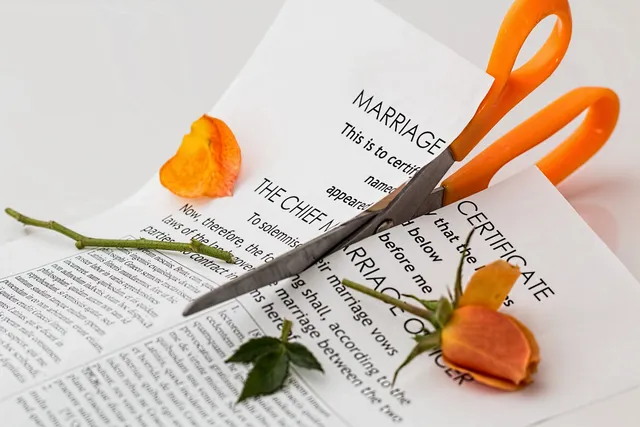Impact of Social Media on Divorce Cases
In today’s digital age, social media has become an integral part of our daily lives. From sharing life updates to staying connected with friends, these platforms offer numerous benefits. However, when it comes to legal matters, especially divorce cases, your online activity can have significant consequences. This article delves into how social media posts and messages can influence divorce proceedings.
How Social Media Posts Can Be Used as Evidence in Divorce Cases
Courts have increasingly recognized social media content as admissible evidence. Posts, photos, or comments can provide insights into a person’s lifestyle, financial status, relationships, and more. For instance, a photo of a luxury vacation might contradict claims of financial hardship. Similarly, posts about a new romantic relationship can impact alimony or child custody decisions. It’s essential to understand that once something is online, it’s challenging to erase entirely, even if deleted.
The Role of Text Messages in Divorce Proceedings
Text messages, like social media posts, can be pivotal in divorce cases. They can serve as evidence of infidelity, financial deceit, or even neglect. For example, a series of texts might reveal undisclosed financial transactions or showcase a parent’s negligence towards their child. However, using text messages as evidence comes with its challenges, such as authenticity concerns. It’s crucial to maintain the original context and ensure the messages haven’t been altered.
Tips for Maintaining a Responsible Social Media Presence During a Divorce
- Think Before You Post: Always consider the potential legal implications of your posts.
- Adjust Privacy Settings: Ensure your profiles are private and be cautious about accepting new friend requests.
- Avoid Discussing the Divorce: Refrain from posting details or venting about the divorce proceedings.
- Seek Legal Advice: Before sharing anything that might be sensitive, consult with your attorney.
Legal Considerations and Best Practices for Using Social Media Evidence in Divorce Court
While social media evidence can be compelling, it’s essential to present it correctly in court. Ensure that the evidence is relevant to the case and obtained legally. Screenshots should include timestamps and usernames to verify authenticity. Additionally, always be prepared for the opposing party to challenge the evidence, so ensure it’s solid and irrefutable.
Key Takeaways
Social media has undeniably reshaped many aspects of our lives, including the realm of family law. While these platforms offer a space for expression and connection, they also come with potential pitfalls in divorce cases. Being mindful of your online activity and understanding its potential legal implications is crucial. If in doubt, always seek professional legal advice to navigate the complexities of divorce in the digital age.



